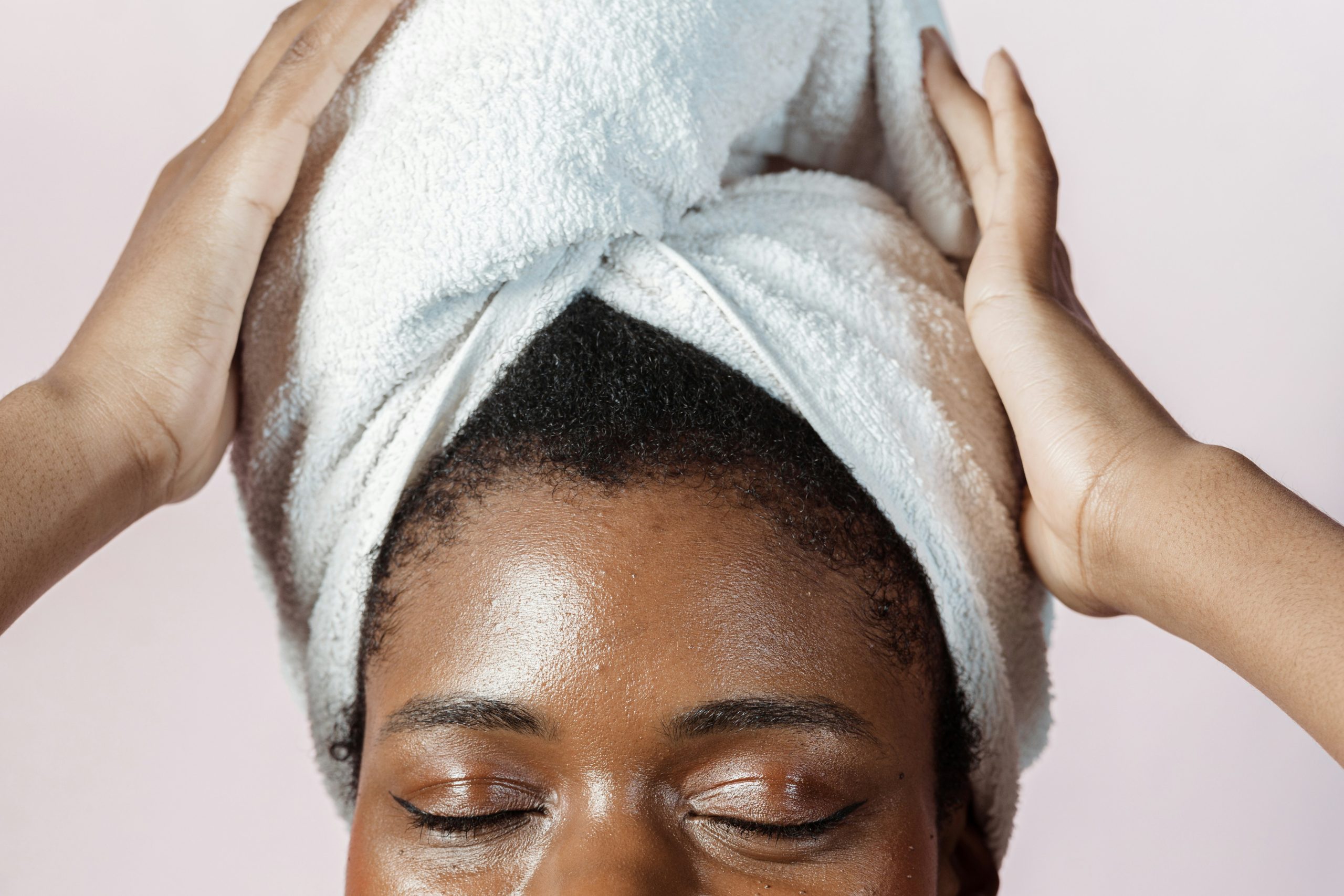Opening Notes from Traciana
This diary began with a quiet realization: the old formulas I trusted for well-being no longer fit. What follows is the story of how that crack opened into a different way of listening.
The Diary
I didn’t collapse. I didn’t burn out.
But slowly, without warning, the practices I had trusted for years stopped working.
Workouts left me drained instead of energized. Meditation felt hollow. Even sleep—my most faithful reset—turned elusive.
I couldn’t call it exhaustion, yet I wasn’t flourishing. I wasn’t “unwell” in any one area, but I no longer felt whole anywhere.
One afternoon, sitting across from a friend, I finally asked out loud:
“Do you ever feel like the things that used to sustain you… just don’t anymore?”
Her sigh was almost a confession.
“Yes. I thought it was just me. I keep adding more—yoga, green juice, 5 a.m. journaling—but nothing lands.”
We laughed, but the laughter carried something else: recognition. Relief. A crack in the silence we’d both been holding.
That’s when it struck me. For years, I treated well-being like maintenance—like a machine that just needed the right fuel and tune-ups to keep running. But I am not a machine.
I am a garden.
And gardens don’t thrive on routine formulas. They shift with the season, the soil, the weather. They need attention, patience, and presence more than they need rules.
That shift—from maintaining to tending—is what saved me.
I stopped asking: How do I keep this running?
I started asking: What does this part of me need, here, now?
Some days, the answer was rest. Other days, movement. Sometimes it was permission to not know at all.
Slowly, the fog lifted. Not because I worked harder at wellness, but because I finally admitted the old rules no longer fit the person I had become.
Thriving, I’ve learned, isn’t about holding yourself together. It’s about tending to what is unfolding. About presence. About noticing.
This diary marks that turning point. The moment I stopped performing wellness and began listening again.
—Traciana
P.S. Want more reflections like this? Join Letters from Traciana—my weekly Sunday notes where I share the insights and rituals that rarely make it anywhere else.






















0 Comments for “When the Wellness Rules Stop Working How I learned to go from maintaining to tending”